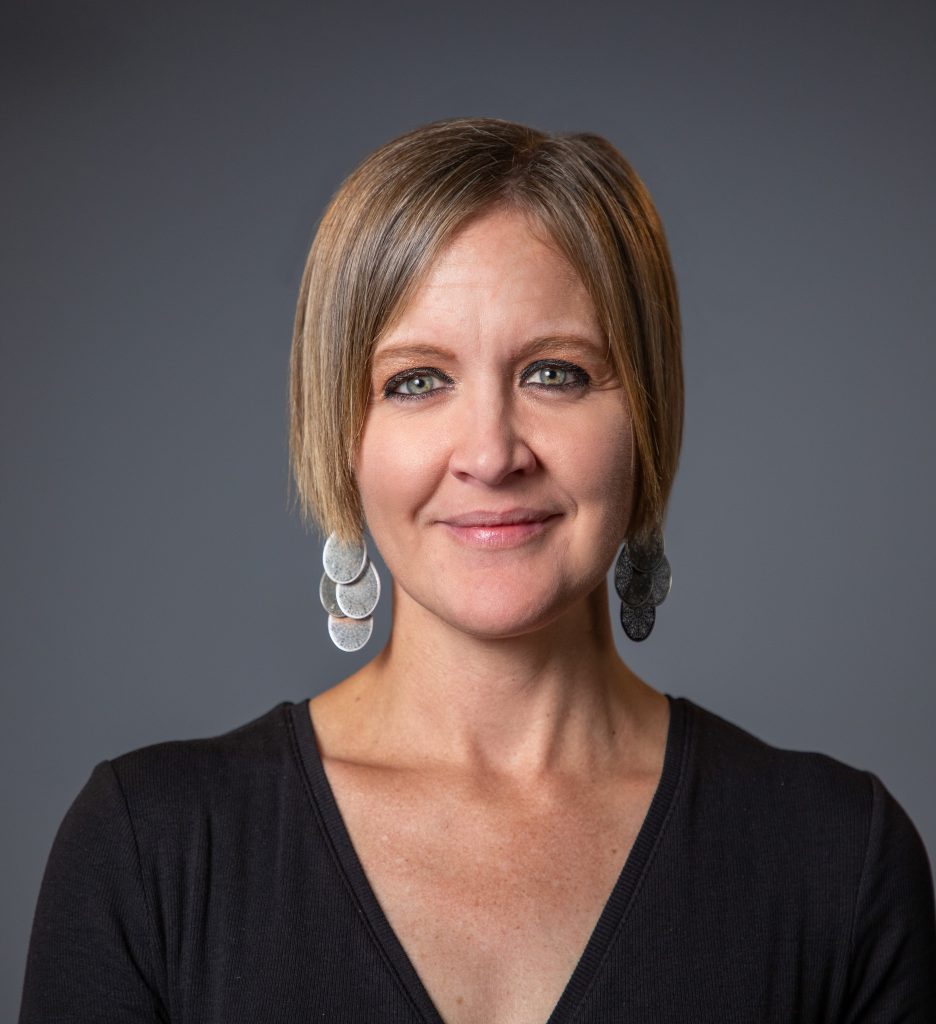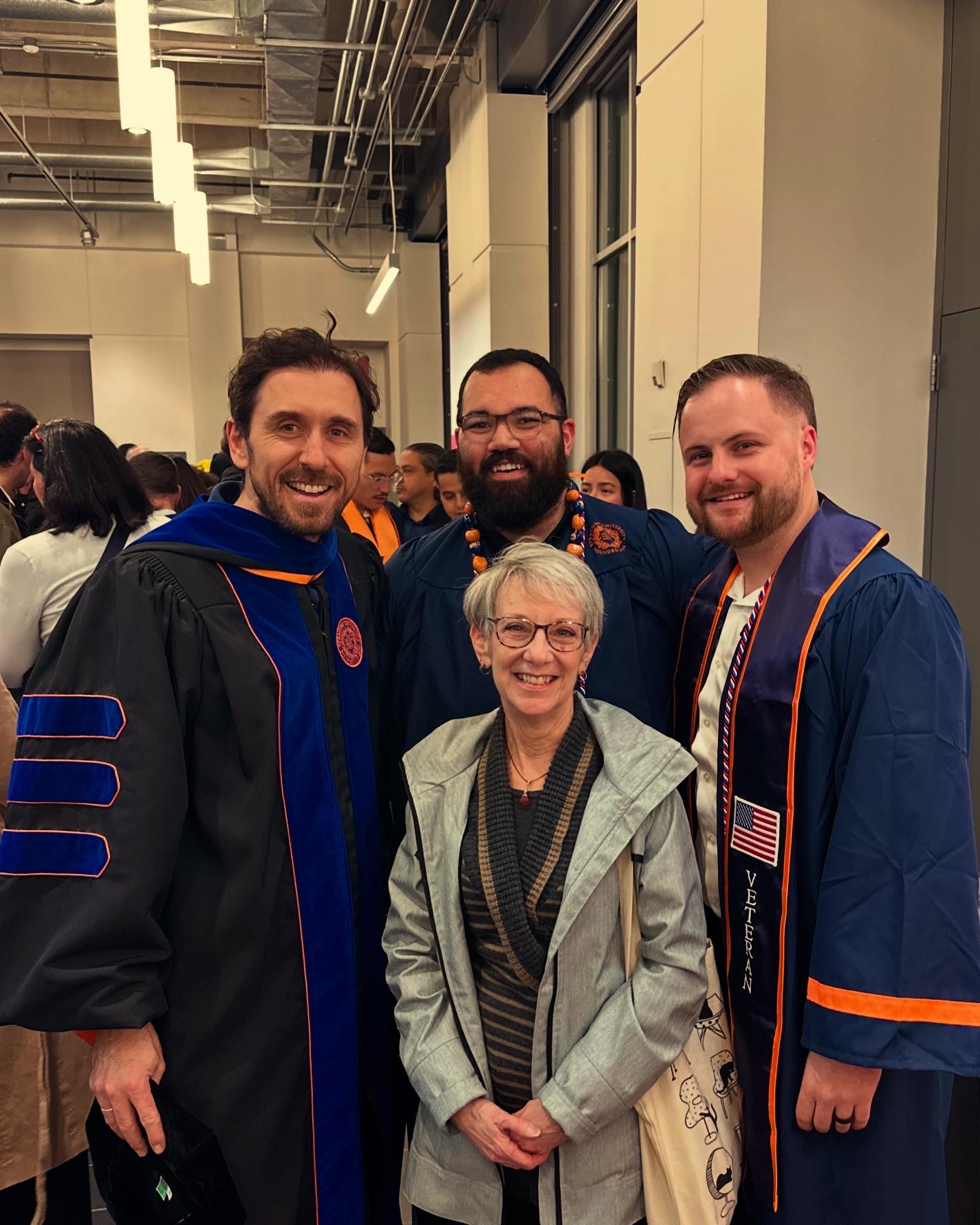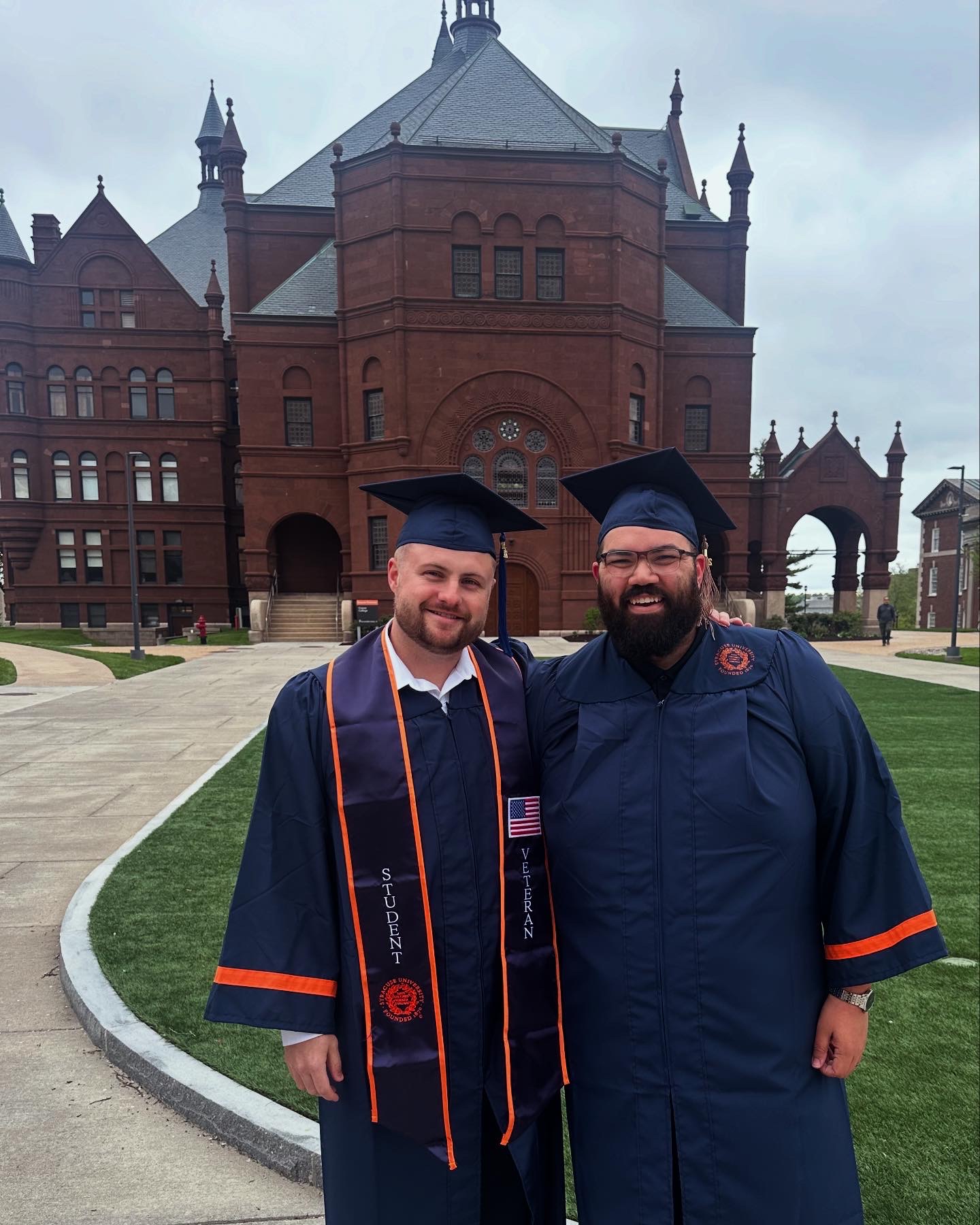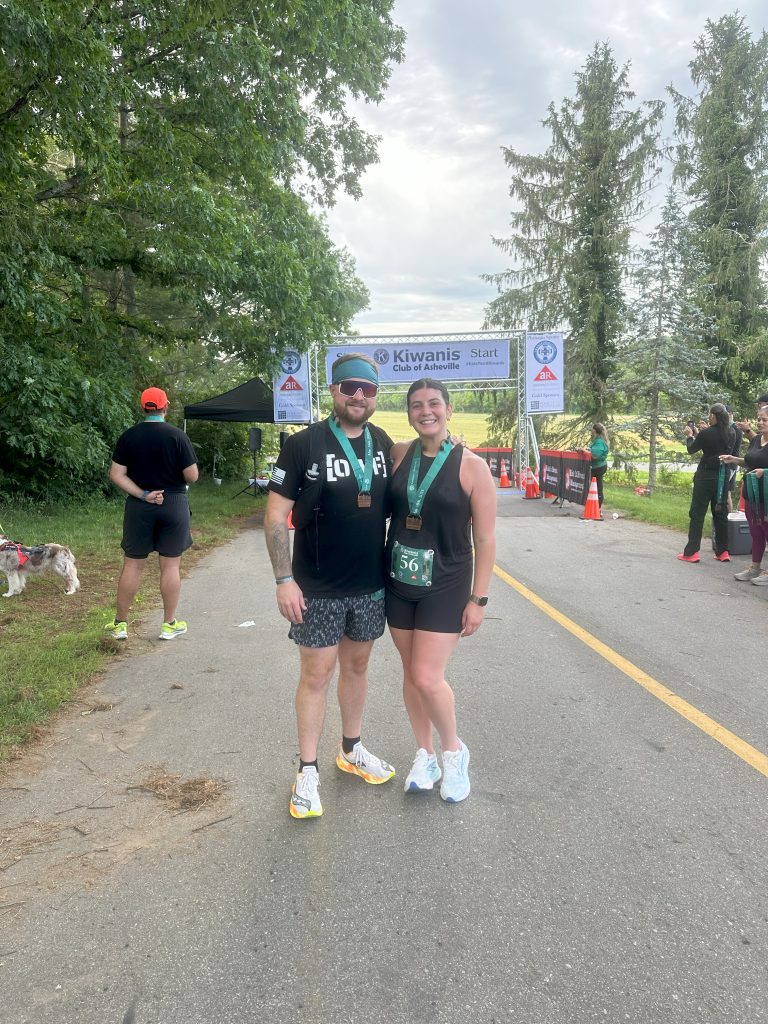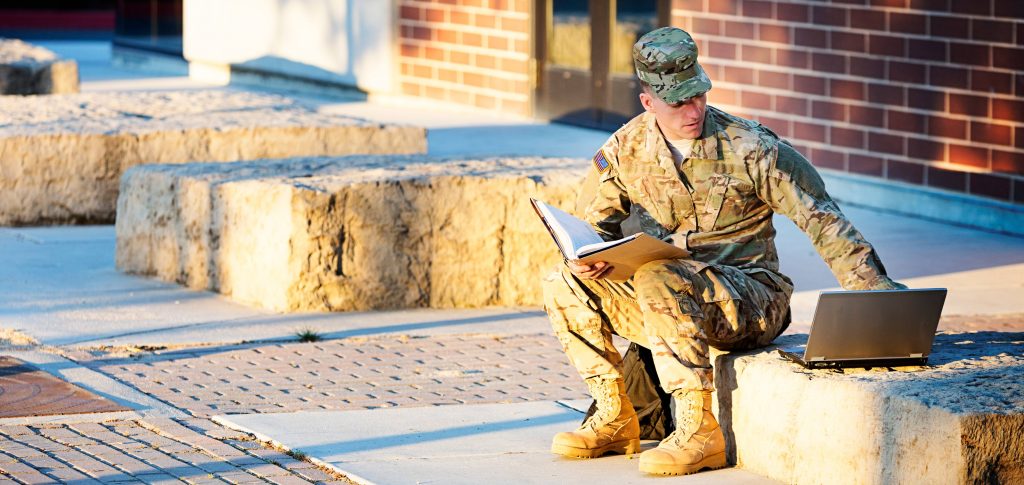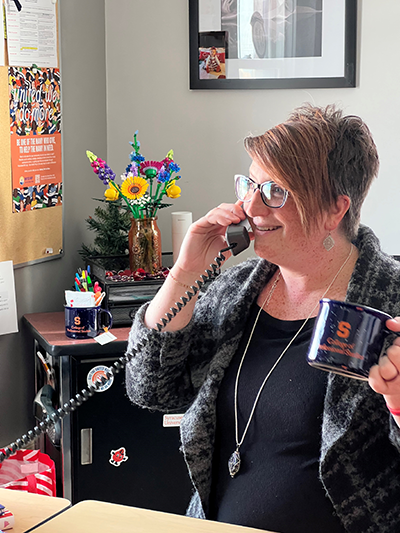
A Beginners Guide to Microcredentials: Fast-Track Your Career Success
The job market is more competitive than ever, and professionals are constantly looking for ways to stand out. Whether you’re in tech, healthcare, business, or other key industries, microcredentials offer an effective way to enhance your skill set, show your expertise, and fast-track your career success. But what are microcredentials exactly, and why are they valuable? This beginner’s guide breaks it all down.
What Are Microcredentials?
Microcredentials are compact, skill-based certifications designed for quick learning and industry relevance. Unlike traditional degrees that take years, microcredentials can be earned in just a few weeks. These digital credentials can be shared on LinkedIn, resumes, and job applications to showcase your qualifications to employers.
How Do They Work?
Earning a microcredential typically involves completing a course, passing an assessment, and receiving a digital badge or certificate. Upon completion, these digital certifications can highlight your expertise and make you stand out to employers. Many programs, like those at Syracuse University’s College of Professional Studies, are available fully online, providing flexibility for professionals looking to advance their careers.
Why Microcredentials Matter
- Enhance Your Skills Quickly
Traditional degrees require years of study, but microcredentials allow you to develop in-demand skills in a fraction of the time. Whether you need to upskill in project management, coding, data analysis, or another area, microcredentials provide fast and focused training. - Stay Competitive in the Job Market
Industries evolve rapidly, and staying ahead requires keeping your skills current. Microcredentials ensure you remain competitive by learning the latest tools, technologies, and best practices relevant to your field. - Increase Your Career and Earning Potential
Career advancement with microcredentials often leads to higher salaries. Adding digital credentials to your resume can make you a more competitive candidate for promotions, new jobs, or career transitions. - Flexible and Affordable Learning
Unlike degree programs that require a significant time and financial investment, microcredentials offer an affordable way to gain valuable knowledge. Many courses are self-paced, allowing you to learn on your schedule without disrupting work or personal commitments.
Microcredentials in Key Industries
Technology
Advance your career in tech with certifications in Ethical Hacking, Video Game Development, and Web Design. These high-demand skills open doors to lucrative job opportunities in a rapidly evolving industry.
Healthcare
Strengthen your credentials with specialized training like Medical Billing and Electronic Health Records. As healthcare technology advances, professionals with these skills are increasingly valuable.
Business & Leadership
Gain a competitive edge with expertise in Project Management, Accounting Fundamentals, and Business Operations. These skills position you for leadership roles and career advancement in diverse business settings.
How to Get Started
- Identify Your Career Goals
Determine what skills or certifications are most relevant to your field and career aspirations. - Choose Your Program
Choose a relevant course from an accredited program like Syracuse University, which offers industry-aligned programs designed for working professionals. - Complete the Course and Earn Your Credential
Engage in the learning process, pass assessments, and obtain a digital certificate. - Showcase Your Achievement
Add your microcredentials to your LinkedIn profile, resume, and job applications to highlight your expertise.
Fast-Track Your Career Today
Earning microcredentials is a smart way to stay ahead in today’s competitive job market. Whether you’re looking to upskill, switch careers, or climb the corporate ladder, these digital credentials can provide the edge you need. With flexible, affordable, and career-focused learning, microcredentials are an investment in your future success.
Ready to take the next step? Start exploring microcredential courses today with Syracuse University’s College of Professional Studies and unlock new career opportunities!
By Katie Huang

